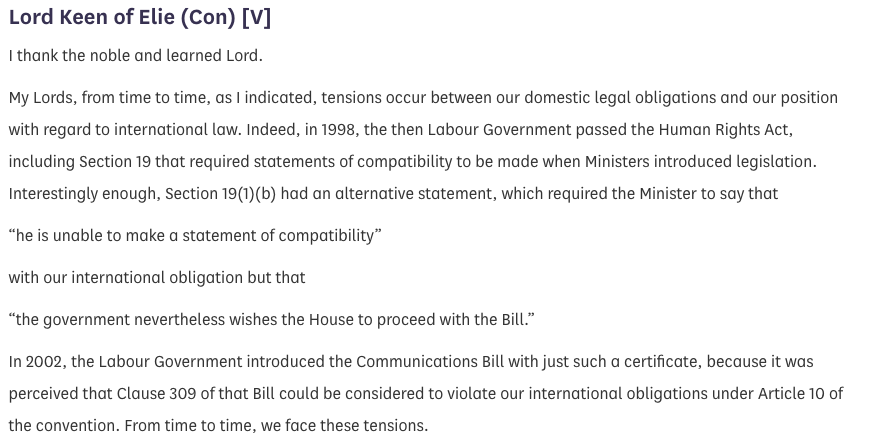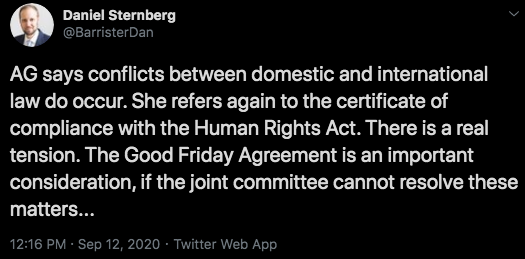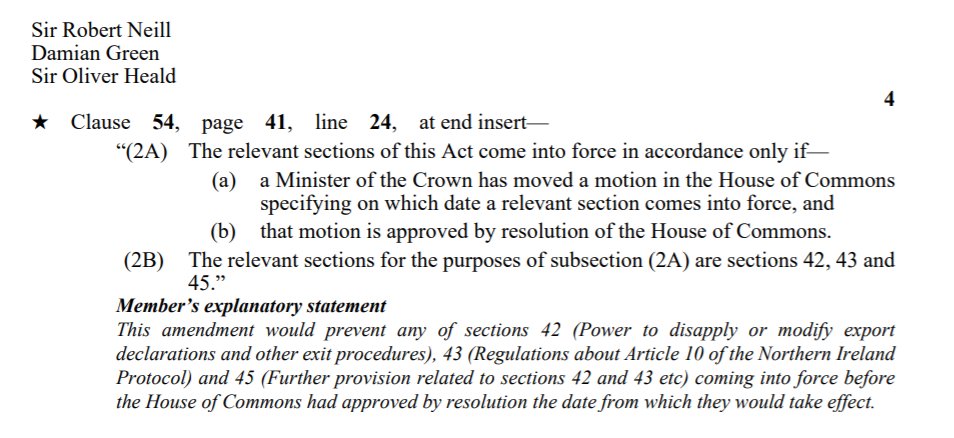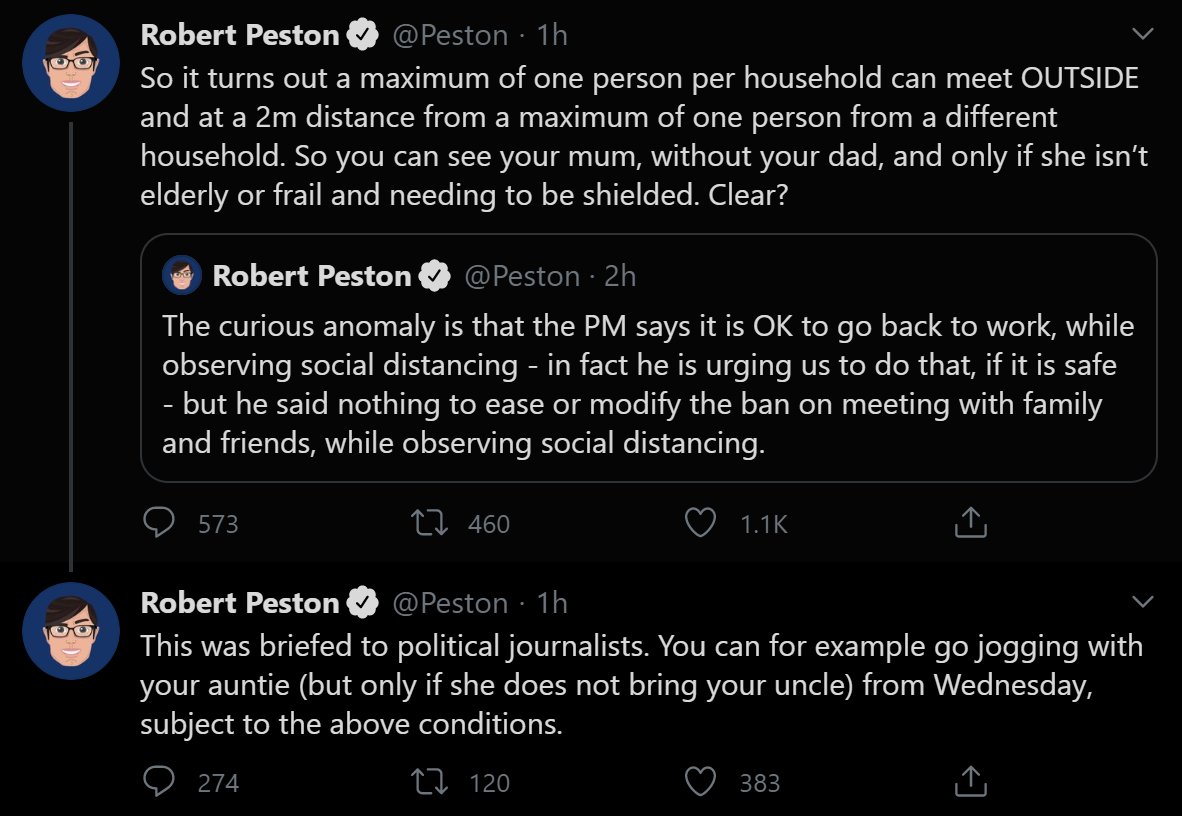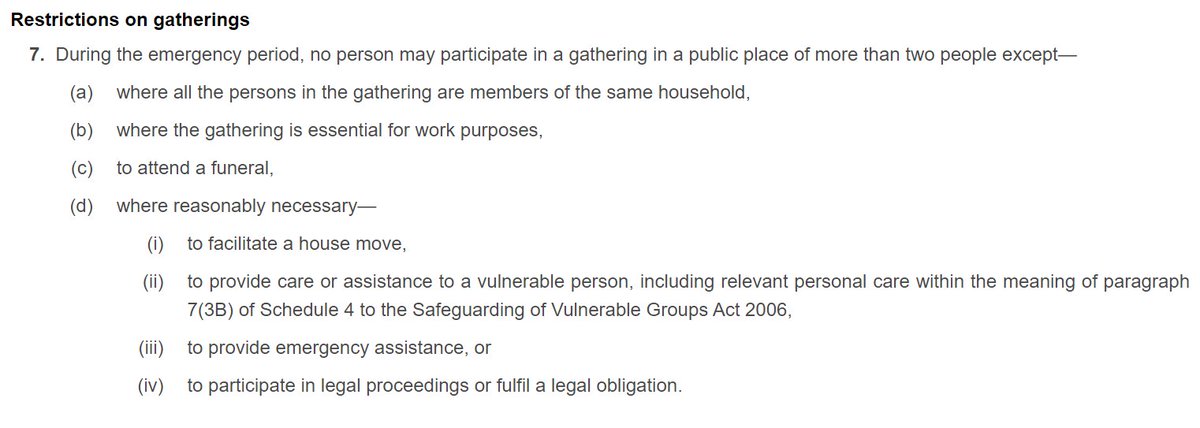
A General Election on Monday 9 December would require dissolution on Friday 1 November (unless election period or dissolution also altered by legislation) meaning a Bill would need Royal Assent by Thursday 31 October.
Such a Bill also cannot be debated until Tuesday 29 October.
Such a Bill also cannot be debated until Tuesday 29 October.
One presumes the core disagreement about the date (9th vs 12th) is therefore actually about dissolution. GE on 12th would give Parliament 5 current sitting/8 calendar days to pass the WAB (assuming extension and timetable agreed Monday) whereas 9th only Tuesday/Wednesday left.
There is a bit of a “chicken and egg” scenario going on at the moment where it appears EU’s choice of 14-day v 3-month extension depends on whether it’s for the Bill or for a GE, but there isn’t agreement among MPs which path to take until they know what length the extension is.
What the publication of this draft Bill and the political responses to that potentially do is indicate to the EU which of those two paths is the more viable in terms of securing an orderly resolution to the Article 50 process (whatever that end may be).
The Bill is also interesting in its own right in terms of providing a formula for the future whenever the Commons is unwilling to give unconditional support for an early General Election, or for whatever reason wants greater assurance about the date on which it is to be held.
Thought of another way the Fixed-term Parliaments Act essentially allows the Government to set the date of an election if it is carrying a broad sweep of the House of Commons with it. Otherwise the legislature retains ultimate control over whether and when early elections happen.
• • •
Missing some Tweet in this thread? You can try to
force a refresh










